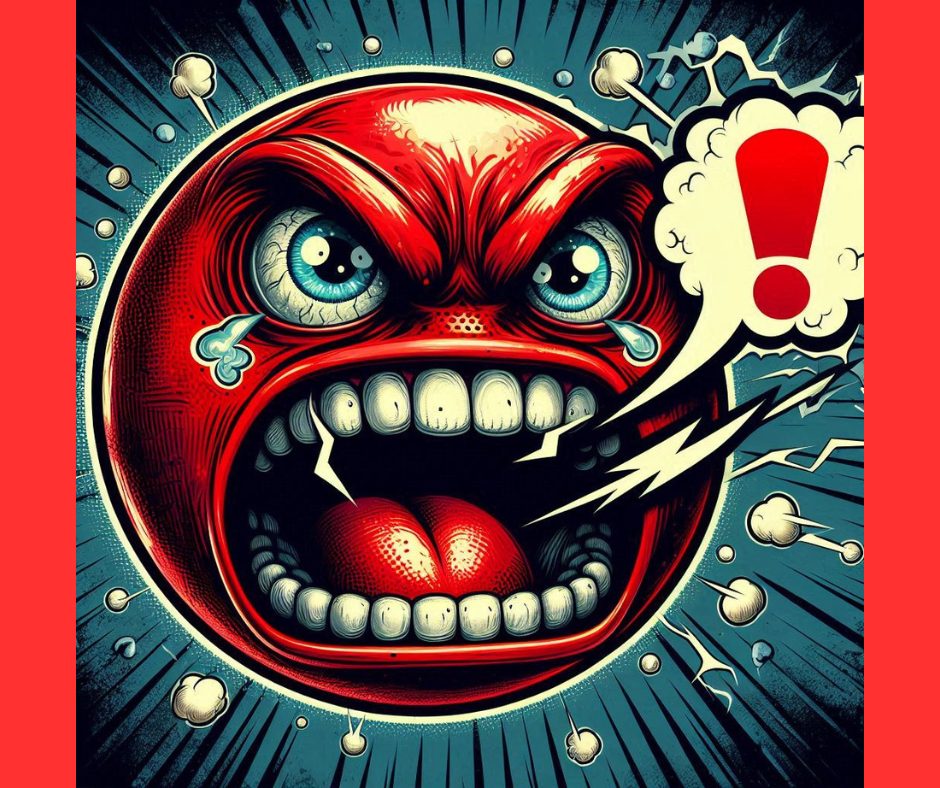IMAGE: Generated with AI
Labelling fairly ordinary political statements as hate speech is a serious matter. How can we avoid such mislabelling?
There is no one, universal definition of hate speech and Namibia does not yet have a law defining or dealing specifically with hate speech.
Recently, a ruling party politician, Veikko Nekundi, was accused of uttering hate speech on the campaign trail ahead of the parliamentary and presidential elections scheduled for November this year. The accusations of hate speech were levelled against Nekundi by some political commentators and opposition political party leaders following statements he made calling for voters to put some opposition leaders in metaphorical ‘political graves’ in the upcoming elections.
Hate speech is a serious matter, especially when uttered by prominent politicians from high profile platforms. That said, when politicians accuse each other of engaging in hate speech then everyone else should be cautious of repeating such claims.
Hate speech is not a new phenomenon and while there is no clear, universally agreed definition there is guidance as to how to understand and approach the issue.
The UN definition
The United Nations (UN) Strategy and Plan of Action on Hate Speech from 2019 defines hate speech as “any kind of communication in speech, writing or behaviour, that attacks or uses pejorative or discriminatory language with reference to a person or a group on the basis of who they are, in other words, based on their religion, ethnicity, nationality, race, colour, descent, gender or other identity factor”.
The UN notes that, according to this definition, hate speech has three important attributes, namely:
- “Hate speech can be conveyed through any form of expression, including images, cartoons, memes, objects, gestures and symbols and it can be disseminated offline or online.
- Hate speech is “discriminatory” (biased, bigoted or intolerant) or “pejorative” (prejudiced, contemptuous or demeaning) of an individual or group.
- Hate speech calls out real or perceived “identity factors” of an individual or a group, including: “religion, ethnicity, nationality, race, colour, descent, gender,” but also characteristics such as language, economic or social origin, disability, health status, or sexual orientation, among many others.”
A high bar
Just because something someone says is hurtful or offensive, that does not mean it is hate speech.
According to international law, for speech to be considered hate speech it has to include the element of “incitement to discrimination, hostility or violence”.
That incitement has to clearly and specifically call for “discrimination, hostility or violence” based on an individual or group’s “national, racial or religious” identities.
Regarding the speech of politicians during election campaigns, the Code of Conduct, which can be accessed on the Electoral Commission of Namibia (ECN) website under the Political Parties tab also recognises that hate speech has to be incitement to violence and hostility for it to be considered harmful.
The Code of Conduct states:
“Speakers at political rallies may not use language which incites violence in any form against any other person or group of persons. Parties will not issue pamphlets, newsletters or posters which contain materials which incite people to violence.”
In order to provide guidance to states on how to identify and handle hate speech, the UN developed the Rabat Plan of Action, which “suggests a high threshold” for classing speech as hate speech and sets out a “six-part threshold test” to determine if speech can be classified as hate speech.
Given all this, and if applying the six-part threshold test, the question becomes whether what Veikko Nekundi said – calling for voters to bury specific opposition leaders in their metaphorical “political graves” during the November 2024 elections – can really be labelled hate speech?
As this incident demonstrates, it is high time that Namibia defines hate speech in law, as intentionally or inadvertently mislabelling speech as hate speech has enormous implications for freedom of expression.
Additional reading:
Hate speech: The South African Qwelane case and why it is relevant for Namibia

